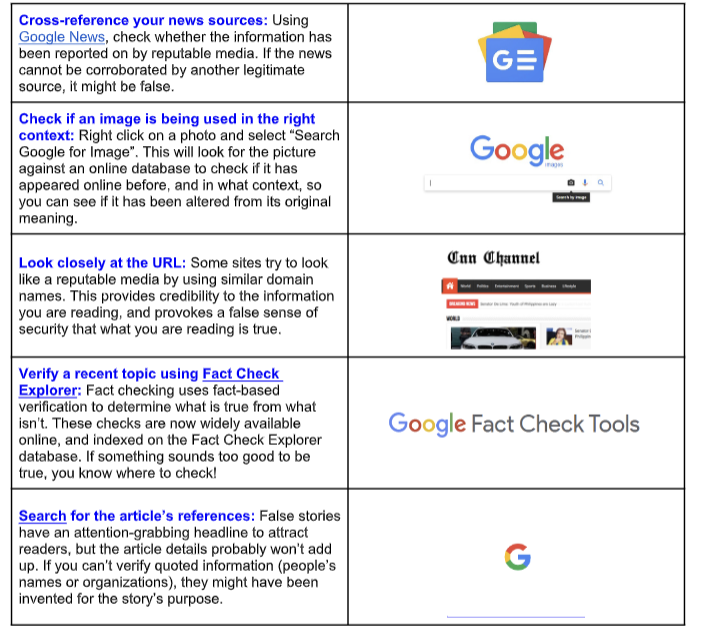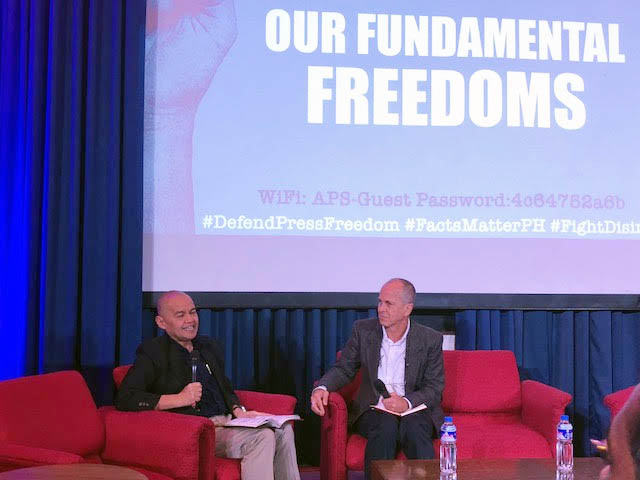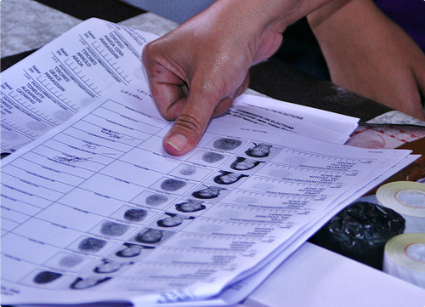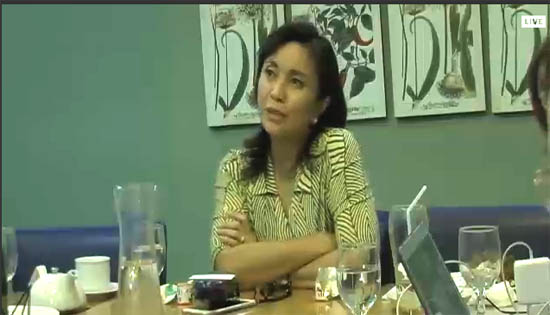How Google combats disinformation & misinformation
Google’s mission is to organize the world’s information and make it universally accessible and useful. Core to that mission is providing trustworthy content and opportunities for free expression across our platforms, while limiting the reach of harmful misinformation.
Disinformation runs counter to our mission and everything that Google and its products set out to achieve. That is why we invest heavily to counter efforts seeking to deceive, harm, or take advantage of users, and to curb the spread of low quality information on our services. There is no silver bullet, so we use a multi-pronged approach to tackle this set of issues across our products and services.
How Google combats disinformation
- Making quality count in our ranking systems:
- Google raise authoritative and quality news in search rankings so that users get exposed to reputable, established sources.
- Countering malicious actors and protecting our users:
- Google has a range of internal policies that prohibit bad behavior online with policies that cover areas such as misrepresentation, impersonation or health disinformation; and we enforce these policies proactively. We regularly release reports that detail how we enforce those policies or review content reported to be in violation of local law – for example, our YouTube Community Guidelines Enforcement Transparency report details the actions we take on YouTube each quarter, and our annual Ads Safety report outlines the actions we take to protect the integrity of our advertising products.
- Empowering users with context and media literacy:
- Google designs features to provide more context to users throughout their journey on our services, so that users are exposed to diverse perspectives before deciding what to explore in depth.
- They also partner with media literacy experts to develop trainings to help participants get a better understanding on how to spot disinformation, and develop feedback tools that can help users to flag content that might be violating our policies.
- Google has been investing in and supporting local media literacy programs to teach people how to identify trusted information. These include the Asian Institute of Journalism and Communication’s “a day in the life” video series and training for news literacy, and CANVAS’ #YOUTHink magazine. Google.org also made a grant of $1.5 million to help the ASEAN Foundation expand media literacy education in ASEAN member communities including the Philippines. The ASEAN Foundation has also developed a digital literacy comic book available in Filipino.
- Collaborations: supporting quality journalism and partnering with the news ecosystem
- Google dedicates significant resources to supporting quality journalism via the Google News Initiative and collaborate with the whole news ecosystem – journalists, fact checkers, researchers – in efforts to create quality reporting and counter misinformation.
- The Google News Initiative (GNI) supports Meedan’s #FactsFirstPH, a coalition of more than 100 groups, including news organizations such as Rappler, civil society organizations, business groups, faith-based communities, research groups, and legal organizations to fight misinformation ahead of the Philippine elections. The GNI has also partnered with the University of the Philippines (UP) to launch a journalist training series and provided support to ph, a collaborative fact-checking project led by UP.
- Staying vigilant on emerging threats and responsive to new developments:
- Looking at long term at emerging threats, they conduct and commission research into these threats and how to address them, such as technology to detect so-called ‘deep fake’ images
TIPS FROM GOOGLE ON HOW TO VERIFY MISINFORMATION ONLINE
Google provides tools for users to access trustworthy information online.




